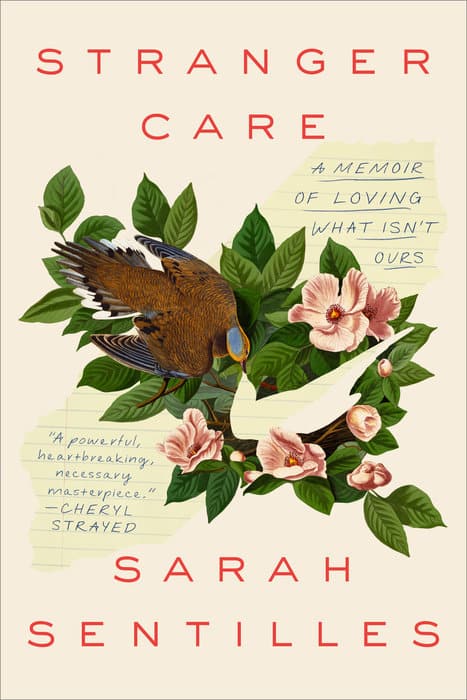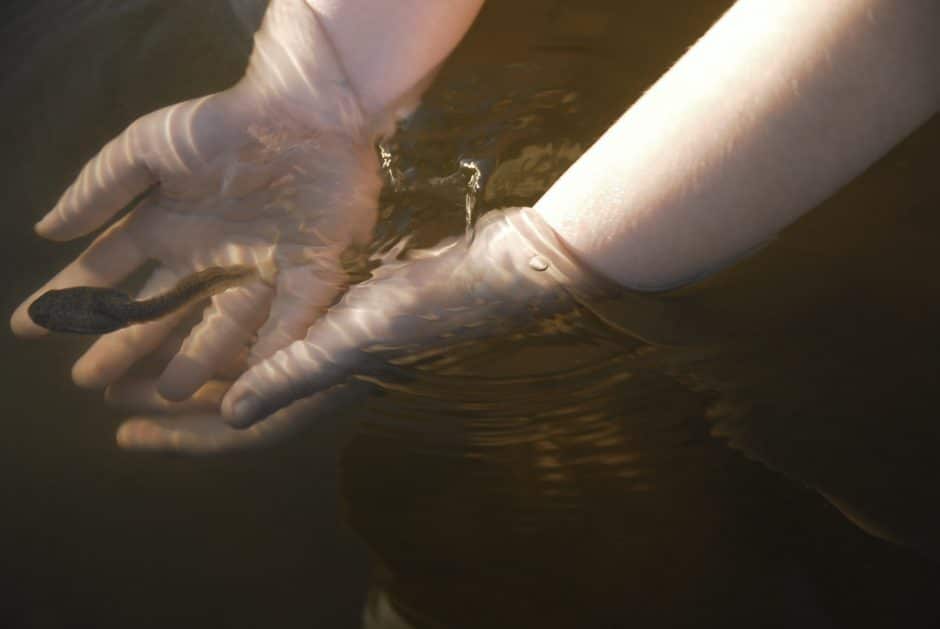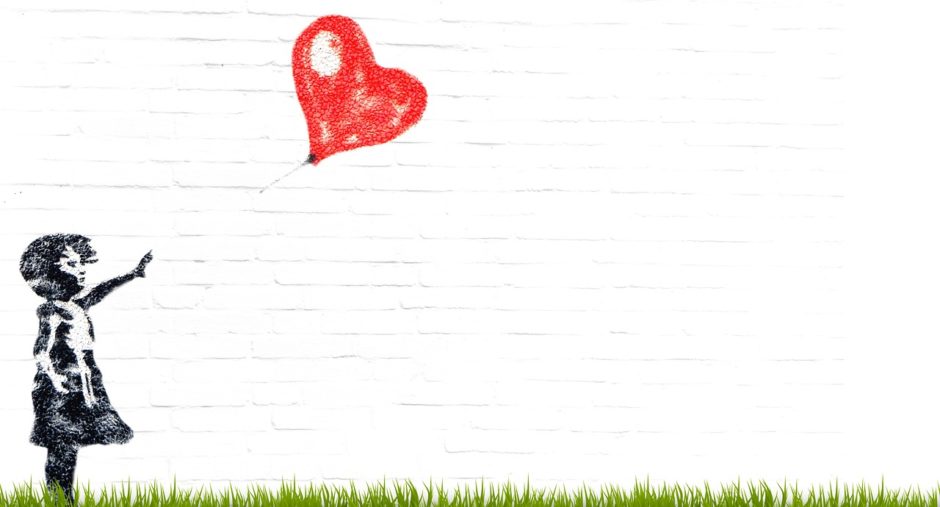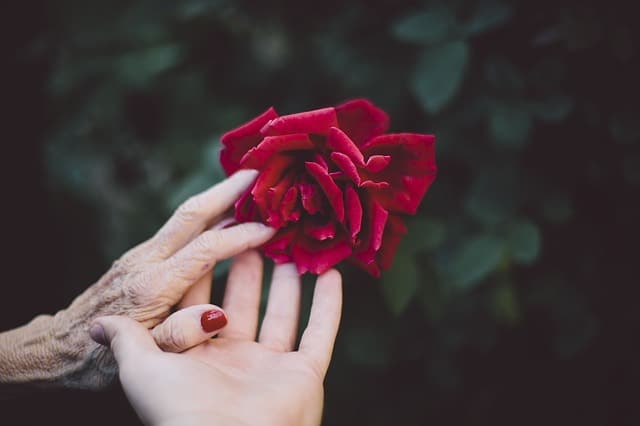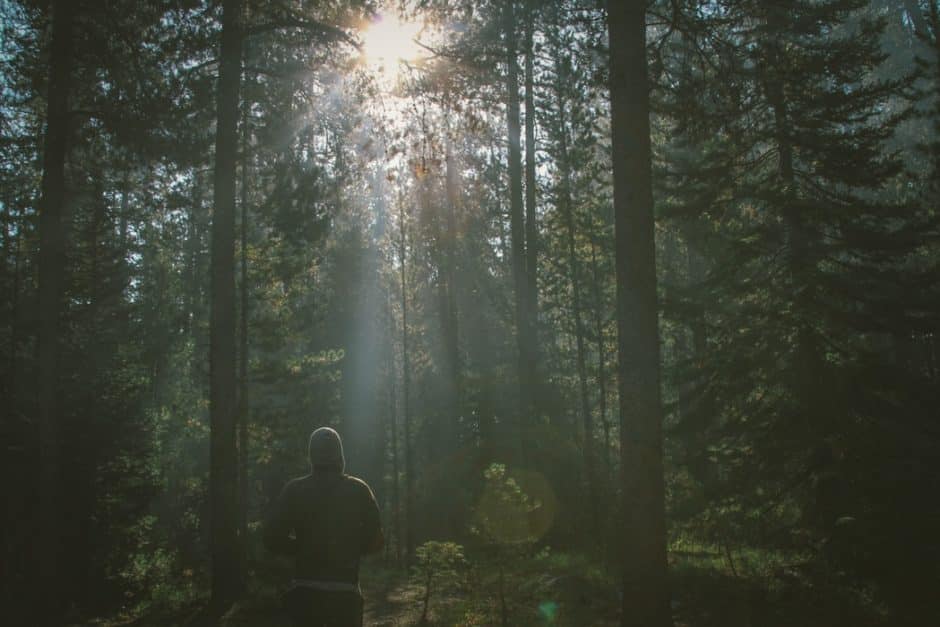by Shannon Kenny
“Mummy, could you put this flag on my karate pole, please?” asked my then four-year-old-daughter one Monday morning.
I gathered up the old orange, white and blue South African Apartheid flag that she had neatly laid out on the gleaming parquet floor.
“No, my darling, I can’t. I won’t,” I clarified, and continued folding the fabric till I had a neat square with the Union Jack, the Orange Free State flag and the flag of the South African Republic in the center.
“But why?” she naturally asked.
And thus, began a typical morning before school in our household. She’d wake up – or more precisely, we’d coax her out of bed. Then she’d run down the passage and return to our company with a myriad of complex ideas and questions; or, if she was feeling particularly charitable, just one simple question about a complex subject.
My answer to her question went something like this: The flag was the symbol of the old South African government which, as we had previously explained, was mean, nasty, brutal and whose founders were Nazi sympathizers. That government made unreasonable laws about who could befriend, love and marry whom; who could live and go to school where; and what jobs they would be allowed to do – or not. It was a reminder of the pain and hardship experienced by millions in our country who were subject to those laws. Many good people stood up to the government in various ways. The baddies made every effort – even killing people – to remind us that they were in charge and had the power. Some of the goodies never lived to see the baddies’ downfall. So no, we were not going to tether it to the karate pole so it could be waved about, because it is not a symbol that we celebrate.
Naturally, her next question was: “So why do we have it in our house?”
My husband and I had preempted this question four years earlier – when I was heavily pregnant with this very inquisitor – and endeavored to answer it as accurately and age-appropriately as possible when our daughter would one day ask.
The flag belonged to my late mother-in-law, my daughter’s Granny Sylvia, a well-loved and long-serving Akela in the 10th Durban Cub Scout troop. It had been presented to her – as national flags are presented to well-loved and long-serving Akelas in Scout troops around the world – in recognition of her service to 10th Durban. She had been an Akela during the apartheid era, so that was the flag of the country and that was the flag she received.
“Did Granny Sylvia like the flag?” was the next question that came my way.
I paused while weighing up how best to answer without being presumptive.
While Granny Sylvia was politically naïve and ignorant – as were many white South Africans – of the extent of the evil of the apartheid regime, she despised the lawmakers and enforcers for how, at a very basic level, they exhibited no real sense of decency: they bullied people they considered beneath them and displayed a hatefulness and mean-spiritedness that to her was unconscionable. Her own experience at an Afrikaans boarding school as a six-year-old, blonde and blue-eyed, English-speaking girl who could only count in isiXhosa (one of South Africa’s indigenous Bantu languages), was just the traumatic start she needed for her lifelong disdain for the Afrikaner-led Apartheid regime – and a difficult to hide negative bias towards Afrikaans, Afrikaners and Afrikanerdom.
“I know that Granny Sylvia didn’t like that the flag represented the Apartheid government,” I replied. “But this particular flag had been special to her not because it was the national flag but because it was an acknowledgement by her peers in the Scouting organization of her dedication and love for the boys in her care. Scouting was only for boys in those days. There was a separate organization, the Girl Guides, for girls. That flag would always remind her of some of her happiest times on camps, jamborees and the many meetings in the local church hall where she was able to provide a loving, nurturing, fun space especially for those who came from difficult home environments. She loved the boys in her care and they loved her in return. Granny Sylvia had once dreamt of becoming a schoolteacher but a series of tragedies and sacrifices resulted in the dream never being fulfilled. Her time as Akela made up for this in some small way.”
After a long breakfast, we said goodbye and my husband walked our daughter to school. They continued to discuss ‘the olden days’ (which to her mind is pretty much from the dawn of time to the time of her birth) and how much better ‘the recent days’ are for us. Later that afternoon we spoke about how, though life is much better now for some of us, there are many in our country for whom life is a daily struggle because of the effects of the olden days and the selfishness of some in the recent days.
We keep the flag on an easily accessible shelf, amongst photographs and other decades-old paraphernalia from our olden days, before marriage and parenthood. It helps, I think, that we are theatre practitioners and writers. On a few occasions we’ve had to explain its presence in our home to a shocked guest or housekeeper. We’ve used it several times as a prop in some of our productions.
My husband and I grew up during apartheid, in different cities, on opposite sides of a racial divide that grouped South Africans into WHITES and NON-WHITES. We met and started dating on 29 April, 2 days after we had cast our votes in South Africa’s first democratic elections on 27 April 1994.
In 1986 my husband, along with thousands of WHITE boys like him, had been conscripted into the South African Defense Force – straight out of high school – as a naïve teenager who didn’t even know what the acronym ANC (African National Congress) even stood for. He left his ‘national service’ two years later with a great deal more cynicism, trauma and information than anyone, let alone he, had bargained for. At the height of the State of Emergency and martial law declared by State President PW Botha, he had spent a few weeks in Alexandra township in Johannesburg, where the brutality of the South African Police they’d been charged with protecting shocked and appalled him so much that he later volunteered to be posted as a signaler/communications operator to Namibia during South Africa’s (illegal) occupation of what was then called South-West Africa-Namibia and its (illegal) forays into Angola. The young man that emerged from the SADF was no political maven but knew enough, thanks to the uncensored, unadulterated information he received and processed daily through his ears and eyes and hands, just how pernicious the Apartheid state really was. And he knew enough to stridently and successfully dissuade his parents from allowing his younger brother, David, to be conscripted. The trick was to enroll at university (in David’s case to study towards a degree in mechanical engineering), study for as long as possible and hope that the political climate would change or that the authorities would forget about you. Fortunately for my brother-in-law, the political climate had changed by the time he had graduated, fully qualified.
I had grown up politically aware. It was nigh on impossible for me not to be: there was the fact of my birth – that I and my family were classified COLOURED (which is apartheid-speak for ‘mixed-race,’ another term that gives me the shivers, but that’s another essay for another day). I could not help but notice the race-based inequalities in our country, evident in everything from city-planning; public amenities that had signs declaring their use for WHITES ONLY or NON-WHITES; and how people of color were portrayed on our government-controlled tv programs. My parents, teachers and other adults in my life openly discussed politics. And my parents made every effort to dispel the falsehood of race-science in a climate that promoted that particular brand of lies all the time. My parents impressed upon us that our self-worth did not depend on whether it was acknowledged by a political system of white supremacy and racial hierarchy that propagated the belief that we were lesser human beings than our WHITE counterparts. We were taught to resist being co-opted into thinking that because we were classified COLOURED that we were somehow better – as a result of our mixed African, Asian and European heritage –than people who were classified BLACK and who were consequently subjected to certain indignities that we were not. That those racial classifications were just that; classifications; and they offered neither dignity nor any insight into anyone’s character. And it was hard to ignore impassioned prayers in church for the safety of those detained without trial for their political beliefs and anti-government activities; or the apartheid Security Branch bomb that exploded at the office of the NGO where my mother volunteered; or that one of my father’s friends had died at the hands of the police. In 1986 I was 12, and on our way to and from our BLACK friends’ homes in New Brighton township, we’d have our car searched at checkpoints by conscripts (like my husband’s then 19-year-old self) for whom I’d developed a strange mix of pity and contempt. In 1986, on a family holiday in a WHITE town, my parents received calls from the local police to make sure we were the legal occupants of our holiday home (We were there legally. South Africa was very complicated).
In getting to know one another my husband and I have been able to get to understand our country – past and present – a little better. Our individual and collective experiences of apartheid and post-apartheid South Africa continue to influence how we view and shape our world in an effort to leave it in a better state than what we found it – for our daughter and those who will live on well after her.
Our hope is that our daughter would continue to ask many more questions and that we would be challenged to answer them truthfully and sensitively – all the attendant discomfort that may accompany some of those discussions and answers notwithstanding. We do not want to burden her unnecessarily with the troubles of this world but rather encourage the deep sense of compassion and justice she seems to possess so she too can help to change the world for the better in whatever sphere she feels called.
The old adage that “those who do not know their history are doomed to repeat it” is rather naïve in its assumption that if people were informed of their ancestors’ past wrongs and wrongdoings that they would automatically make strides to navigate the path of righteousness, rather than repeat their ancestors’ misdeeds. Many know their history. They just don’t believe that they were wrong and that they should have lost the war.
The Apartheid flag in South Africa, like the Confederate Flag in the USA, is more than an uncomfortable reminder of an evil that has not been fully acknowledged by some and of a not very distant past that still has a long reach into the present. That flag cannot be divorced from the philosophy and people that devised mechanisms to enact a cruelty that resulted in millions of lives forever altered, taken, wasted, scarred, disregarded, cheapened, destroyed; of land taken, divided, wasted; of a nation that never was and one that is still in the throes of infancy and so very desperately in need of healing.
At some point, we may have a flag-burning ceremony with our daughter in honor of Granny Sylvia and what she stood for – decency and kindness – and as an intentional act of recognizing the ugliness of the past, with a commitment from all of us to continue to be part of the building of a more equal world. Because some of us do know our history and we will choose to not be doomed to repeat it.
For my husband and I, Granny Sylvia’s flag is in part a reminder of the complexity of the human condition – a humanity that revealed itself in all its beauty and grotesqueness in the shadow of that orange, white and blue. Sometimes we’re not the heroes we’d like to think we would be. One can abhor an unjust system and what it does to people and yet feel utterly helpless to do anything about it, paralyzed by fear or insurmountable obstacles. There are times that we act beyond the bravery that we think we’re capable of. Sometimes we’re able to muster courage in the face of adversity. A stranger’s predicament can evoke an empathy that enables us to be kind beyond what is expected of us. Sometimes the weight of our own personal problems is so burdensome that we’re nigh on incapable of recognizing anybody else’s pain and desperation. At times we’re capable of forgiving grave political injustices yet choose to harbor personal vendettas. Sometimes we come to realize that just because someone has been oppressed, doesn’t mean that they are a nice person. Sometimes we act purely for our own gain, regardless of ‘the system’ we operate in. We are reminded that two wrongs do not make a right. And that two opposite ‘rights’ cannot be simultaneously true; that some opinions are just plain wrong and do not deserve equality with the truth. When verifiable facts are revealed, sometimes the truth is that “I had no idea.” Sometimes “I had no idea” is a lie. And that always – always – kindness and cruelty are acts of human will.
This old flag is also a bit of war-booty; a reminder that we, because of the many who had gone before us, had triumphed over a system that in its ludicrousness – and amongst a host of other dastardly schemes – was designed to ensure that a family such as ours – that looked like us, that believed like us – would not and could not exist. We’re so glad that the good people won. And while we will not allow our daughter to fly the flag, she is welcome to stomp all over it. Anytime.
Shannon Kenny’s resume states she is an actor, voice artist, singer and writer. Some seven years ago she was dragged kicking and screaming into parenthood. She and her family believe in the transformative power of Love – and good chocolate.
~~~~~~~~~~~~~~~~~~~~~~~~~~~
Sarah Sentilles is a writer, teacher, critical theorist, scholar of religion, and author of many books, including Draw Your Weapons, which won the 2018 PEN Award for Creative Nonfiction. Her most recent book, Stranger Care: A Memoir of Loving What Isn’t Ours, is the moving story of what one woman learned from fostering a newborn—about injustice, about making mistakes, about how to better love and protect people beyond our immediate kin. Sarah’s writing is lyrical and powerful and she ventures into spaces that make us uncomfortable as she speaks for the most vulnerable among us. This is a book not to be missed.
Pre-order a copy of Stranger Care to get exclusive free access to a one-hour generative writing workshop with Sarah, via Zoom on May 25th at 7pm Eastern time. If you register for the workshop and can’t attend, a recording of the event will be available. More details here.
~~~~~~~~~~~~~~~~~~~~~~~~~~~
Anti-racist resources, because silence is not an option
~~~~~~~~~~~~~~~~~~~~~~~~~~~


